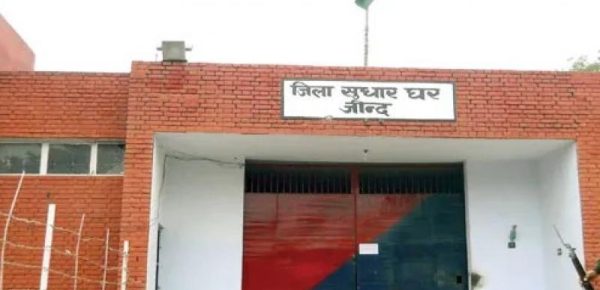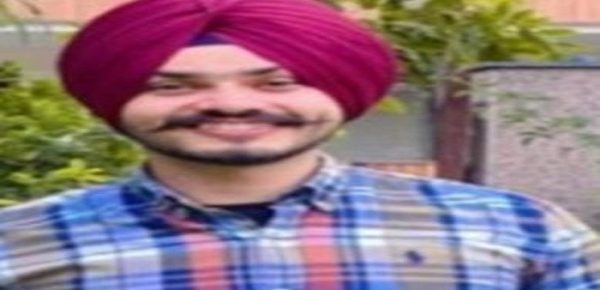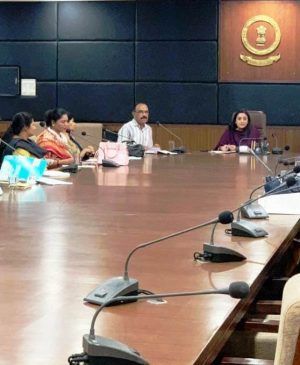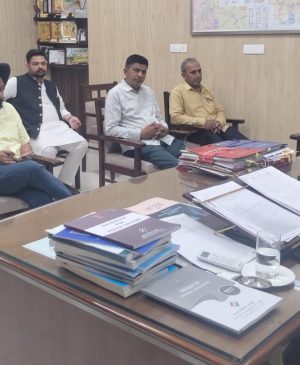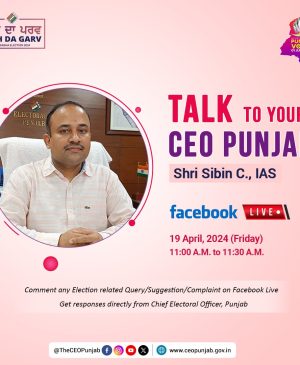 A York University student’s new social network app for indigenous youth gets attention in Ontario’s north
A York University student’s new social network app for indigenous youth gets attention in Ontario’s north
Imagine being thousands of kilometres from home, in a place where few people understand who you are or where you come from.
You turn to social media, hoping to find a community, and instead you’re inundated with ignorant or hateful comments about your people and your home. What do you do?
If you’re York University grad student Alejandro Mayoral Baños, who hails from Oaxaca, Mexico, you build the Indigenous Friends app.
“There is no space in cyberspace for aboriginal people,” Baños said, “so we decided to create this space.”
The online world can be inhospitable for many indigenous people, especially youth, he said, where even well-meaning Facebook posts can draw out vicious, racist comments.
Indigenous Friends is free of that.
The app works much like Facebook, where verified users create accounts using a unique log-in code, and network with others nearby. There’s even an elder on call.
Although it’s still only in beta testing — with about 35 York students using it — attention is growing. Baños has joined forces with The North-South Partnership for Children, a charity that works with 30 remote First Nations communities across Northern Ontario. Together, they’re hoping to get the app into high schools across Northern Ontario. Some in Whitehorse, Yukon, are also interested.
Partnership director Terry McCaig sees many indigenous students from northern communities who feel stripped of their community and support systems, and believes Indigenous Friends could be a lifesaver.
Through her work with the partnership, she and her husband became close with the family of Jordan Wabasse.
Wabasse’s disappearance became part of a recently concluded inquest into indigenous youth who went missing or died under mysterious circumstances in Thunder Bay. In Wabasse’s case, the inquest ruled his death “undetermined,” and his family may never know what happened.
Indigenous Friends is the kind of tool that might keep youth like him from falling through the cracks, she said.
“It makes me think that if Jordan had had something like this, maybe he’d still be with us,” McCaig said.
“If you think he was in a crisis and he committed suicide, immediate help is available on the app. If you think that he was being chased and was murdered, there’s a button for 911,” she said.
Baños said the experience of travelling to Toronto from his home in Oaxaca helped him understand the struggles many Canadian indigenous students face, especially those from remote northern communities. With a background in computer programming, his thesis examines the connections between indigenous culture and technology. He said building an app made sense.
The app’s users can tap into a web of supports — everything from emergency crisis counselling to advice on applying for financial support and where to find the most affordable local grocery stores. An “I need help now” button sends contact and location information immediately to someone designated to help.
York University says it has about 350 self-identified indigenous students. Baños said finding a way to bring them together was key.
He teamed up with York’s aboriginal students’ centre, which connected him with a circle of supporters including Mohawk elder Blu Waters.
“I think it’s very important that Alejandro is following the protocols that indigenous people have followed since the beginning of time,” Waters said.
Waters plays an important role within the app — she’s the elder-on-call. With the push of a button, any student can reach out to her whenever help is needed.
“My phone can ring at 2 a.m. in the morning with a kid in crisis, and I’ll answer it,” she said.
Everything about Baños’s app has been designed and built with indigenous traditional perspectives in mind. Users are assembled into one of five clans — eagle, owl, wolf, bear or turtle — and connected with a wraparound web of support. That web is based on the four human dimensions of the medicine wheel and rooted in traditional knowledge. That’s a critical element, according to Waters.
“Because of the damage of residential school, (students) often don’t understand their heritage, and they feel embarrassed or shy,” Waters said.
“Our reconciliation is taking place, but it’s still a tiny little drop in the bucket. For people who weren’t raised in their indigenous culture, there’s always going to be that little piece that is going to call them,” she said.

